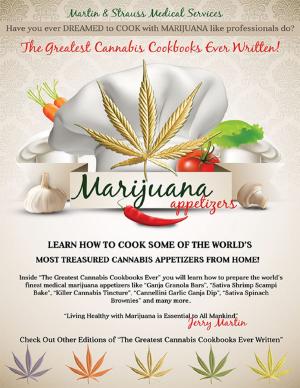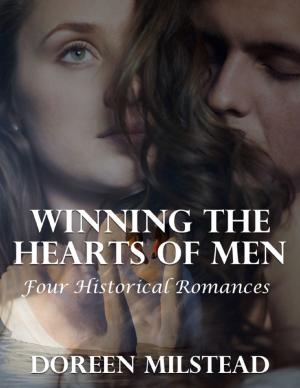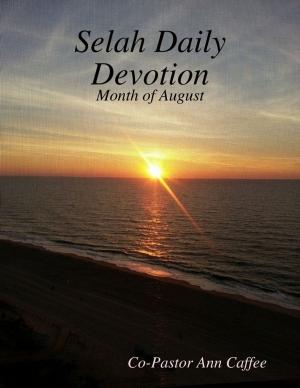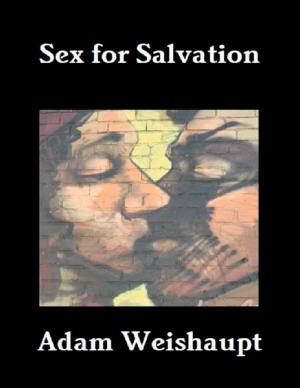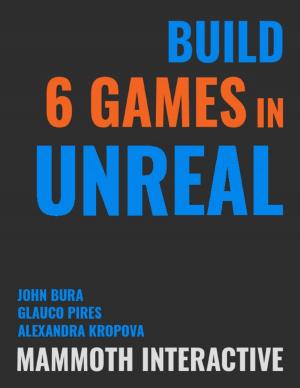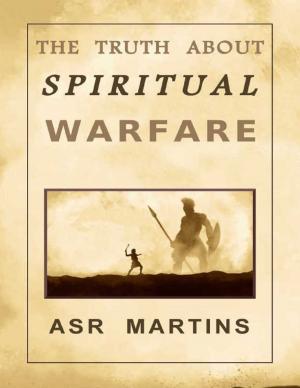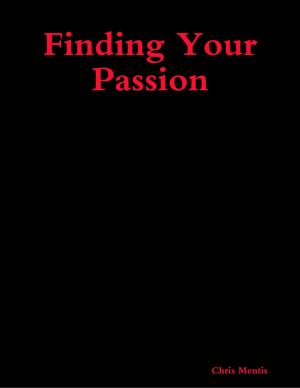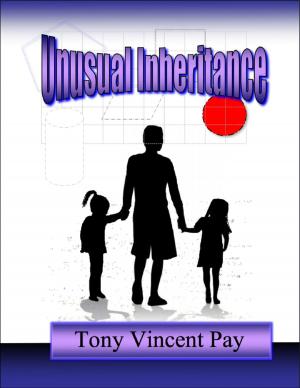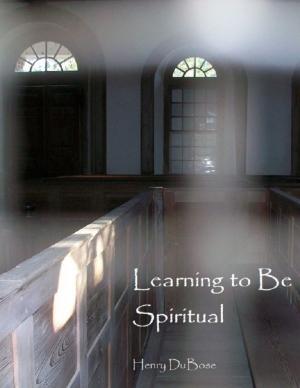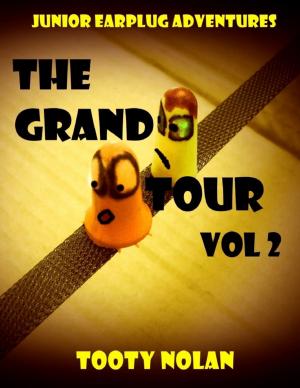Catholic Church Fathers: Patristic and Scholarly Proofs
Nonfiction, Religion & Spirituality, Christianity, General Christianity| Author: | Dave Armstrong | ISBN: | 9781304370105 |
| Publisher: | Lulu.com | Publication: | August 28, 2013 |
| Imprint: | Lulu.com | Language: | English |
| Author: | Dave Armstrong |
| ISBN: | 9781304370105 |
| Publisher: | Lulu.com |
| Publication: | August 28, 2013 |
| Imprint: | Lulu.com |
| Language: | English |
Protestants and Catholics both claim that the early Church heritage of theology and broad consensus of the Church fathers favors their own view. Protestants, from the beginning, claimed to be “reformers” of the Catholic Church; that is, they felt themselves to be hearkening back to the more pure doctrines of the early Church and the Church fathers, rather than overturning historic Catholic doctrine. I shall contend in this book, by means of massive documentation, that the “historical case” for Catholicism becomes stronger as the accumulation of patristic evidence piles up. Catholics need not fear patristic data any more than they need fear the Bible. The discussion of what the Church fathers believed must be undertaken by means of historical fact, and it can be determined (fairly conclusively in most cases, I submit) what a Church father believed about various Christian doctrines. This volume surveys the beliefs of the Church fathers, particularly with regard to Catholic “distinctives.”
Protestants and Catholics both claim that the early Church heritage of theology and broad consensus of the Church fathers favors their own view. Protestants, from the beginning, claimed to be “reformers” of the Catholic Church; that is, they felt themselves to be hearkening back to the more pure doctrines of the early Church and the Church fathers, rather than overturning historic Catholic doctrine. I shall contend in this book, by means of massive documentation, that the “historical case” for Catholicism becomes stronger as the accumulation of patristic evidence piles up. Catholics need not fear patristic data any more than they need fear the Bible. The discussion of what the Church fathers believed must be undertaken by means of historical fact, and it can be determined (fairly conclusively in most cases, I submit) what a Church father believed about various Christian doctrines. This volume surveys the beliefs of the Church fathers, particularly with regard to Catholic “distinctives.”


